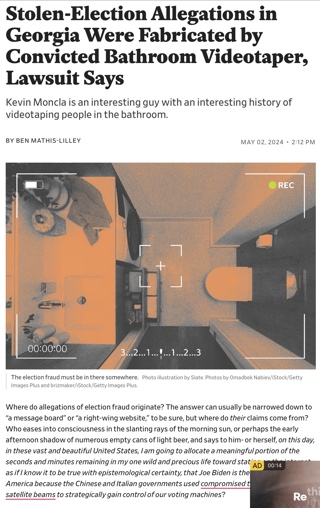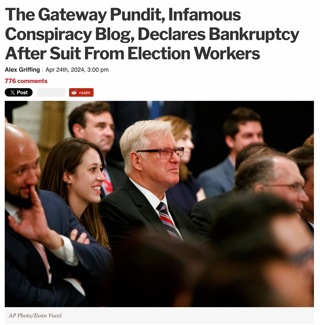Cuccinelli: Gay men and women are excluded from the 14th amendment’s protections.
A nice pronouncement during Gay Pride from a homophobe. If only he weren’t also an Attorney General:
In March, Virginia Attorney General Ken Cuccinelli (R) told the state’s colleges and universities to rescind policies that ban discrimination on the basis of sexual orientation, arguing that schools have no legal authority to adopt such statements. On Friday, Cuccinelli appeared at Boys State, where a high school student asked him, “How is that not a violation of the equal protection clause of the 14th Amendment?” Cuccinelli responded by suggesting that the amendment was not designed to protect gay men and women:
“State universities are not free to create any specially protected classes other than those dictated by the General Assembly,” Cuccinelli said. “Your question is, why is that not a violation of the 14th Amendment’s equal protection clause. Frankly, the category of sexual orientation would never have been contemplated by the people who wrote and voted for and passed the 14th Amendment,” he said.
New state slogan? Virginia: It’s for (hetero) lovers only.
More here including links to SCOTUS precedent. (It goes without saying that he’s wrong.)
Wingnuts don’t love the Constitution. They’re in a (bad) BDSM relationship with it and want to tear it up.












